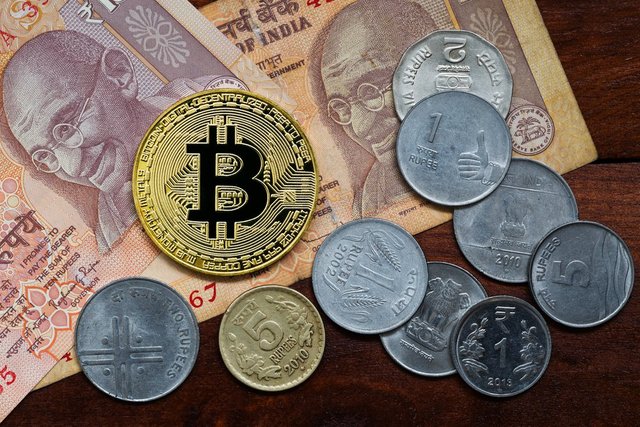Bitcoin Legality Debate Heads to India’s Supreme Court

The lack of clear governmental policies over cryptocurrencies like bitcoin has seen a clarity-seeking petition land in India’s supreme court, the highest court in the country.
Bitcoin is not officially ruled as a legal payment instrument in the country. It isn’t illegal either. The official stance, according to notice by India’s central bank in February – a rehash of a 2013 statement – asserts “it has not given license/authorization to any entity/company to operate such schemes or deal with Bitcoin or any virtual currency.” Investors who deal with bitcoin, the central bank added, would be doing so at their own risk.
In an effort to cut through the ambiguity, a lawyer has put a spotlight on the issue by submitting a public interest litigation (PIL) to India’s Supreme Court (SC), filed on November 3.
The PIL [PDF] came to light in recent days, when the SC admitted the request from Dwaipayan Bhowmick, the petitioner, who pressed the government to frame a mechanism “to regulate the flow of Bitcoin” and ensure it is accountable.
An excerpt from the petition read:
The lack of any concrete mechanism pending the regulatory framework in said regard has left a lot of vacuum and which has resulted in total unaccountability and unregulated Bitcoin (crypto money) trading and transactions.
We’ll Do it Ourselves
Indeed, the absence of regulations or acknowledgment by authorities led a frustrated Indian bitcoin industry to launch a self-regulatory body earlier this year. The standardization of know your customer (KYC) and anti-money laundering (AML) procedures is among several core objectives of the regulatory body, which also acts as a watchdog to highlight scams abusing cryptocurrencies in India.
Indian authorities subsequently launched the ‘Virtual Currency Committee’, an interdisciplinary collective of representatives from Indian ministries and financial institutions tasked toward researching and suggesting a legal and regulatory framework for cryptocurrencies in the country.
Furthermore, the petition also laid some of the blame on the Reserve Bank of India (RBI) – India’s central bank and the Securities and Exchange Board of India (SEBI), accusing the authorities of pawing their responsibilities off each other in the effort to regulate bitcoin.
“It is further stated that [the] RBI $ SEBI have been trying to shift the onus on each other by asking it to be termed as ‘currency’ or ‘commodity’, the petition added.
The petition went on to press the Supreme Court to:
Issue urgent directions of appropriate nature so as to direct the Respondents to regulate the flow of Bitcoin (crypto money) and to ensure that the same be accountable to exchequer.
The PIL’s admission to the Supreme Court comes a week after India’s central bank revealed it isn’t keen on deeming bitcoin a viable instrument for payments or settlements as it researches the development of its own fiat cryptocurrency, a digital alternative to India’s fiat currency – the rupee.